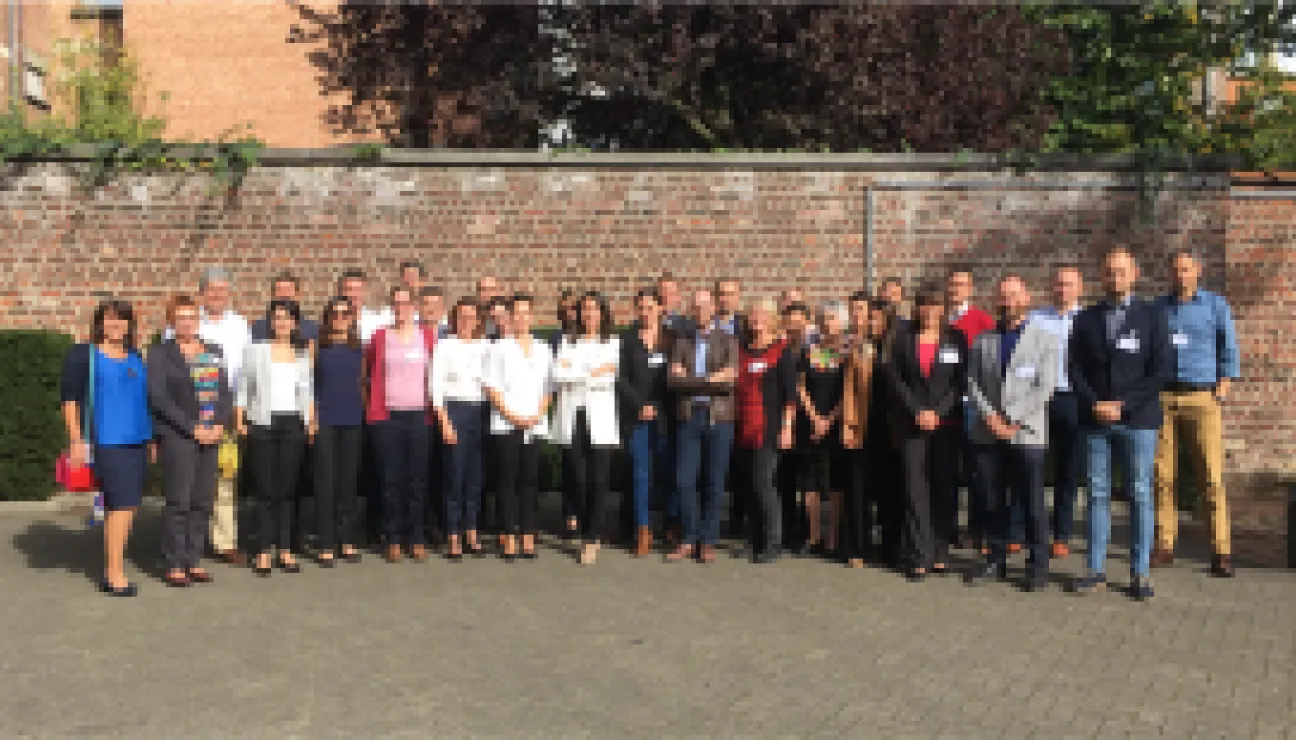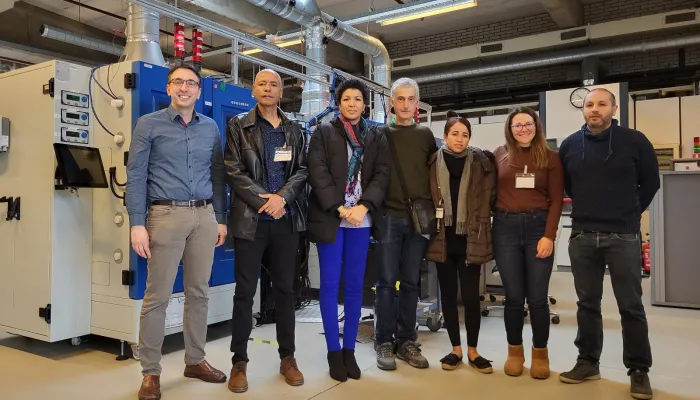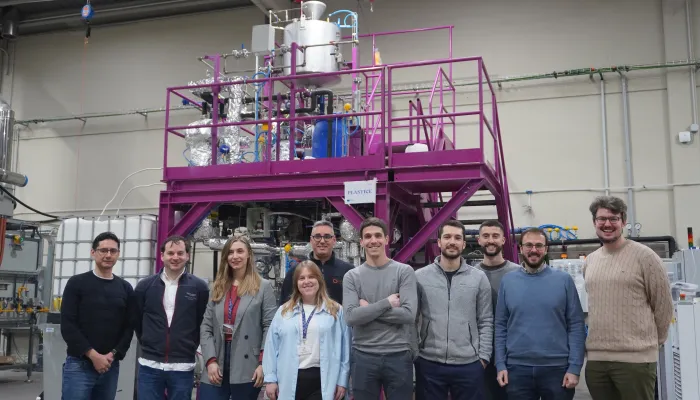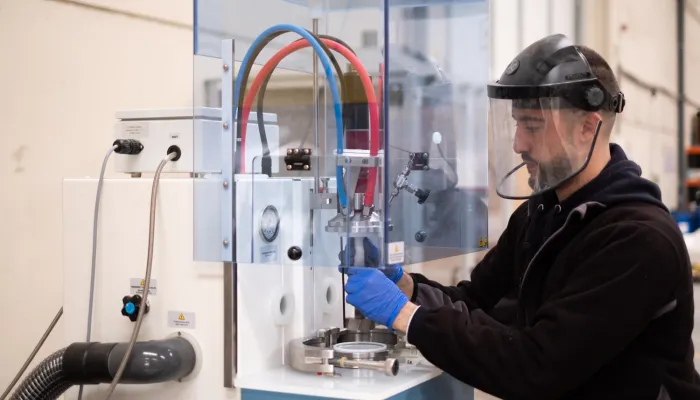The POWER4BIO project aims to position Europe at the forefront of the bioeconomy

Talking about the bioeconomy means talking about a rapidly developing sector with great potential, involving around 2 trillion euros and employing nearly 22 million people in Europe. In this context, there are still many regions that do not fully capitalize on the potential of their surroundings to create sustainable products as alternatives to existing fossil-based ones.
To help these regions boost the bioeconomy in their territories and achieve this transition in a realistic and competitive way, the POWER4BIO project was launched, funded with 3 million euros by the European Commission through the Horizon 2020 program.
The project is coordinated by CIRCE, which will work with 16 other entities from eleven European countries to exploit the potential of the bioeconomy, promoting rural development, creating highly skilled jobs, and reducing dependence on fossil sources.
The project's activities will be carried out in five regions in Central and Eastern Europe and five in Western Europe—including Andalusia—with the aim of ensuring that any other European region can benefit from the results obtained.
Short-term, solid strategies and new or more sustainable products
To achieve its goals, POWER4BIO will provide regions with the tools and guides necessary to implement solid, sustainable, and competitive bioeconomy strategies in the short term using already mature technologies.
To this end, agroforestry and agricultural waste (biomass) and other sectoral residues will be utilized. The diversity of participating regions will allow the development of strategies that can serve the rest of Europe, enabling each region to adapt the raw materials used according to its local resources.
These natural-based raw materials will allow the development of new, more sustainable products or replace high-impact components in current products. Sectors that could benefit from these new bioeconomy-based business models include textiles, plastics, automotive, human and animal food, and the fertilizer industry, among many others.
The project will begin with mapping the waste and raw materials available in each region, as well as the capacities (knowledge, business fabric, logistics network, etc.) they have to effectively transition to a bioeconomy. Additionally, an analysis of current technologies that can be used to harness and transform available raw materials will be conducted.
Following this, best practices already implemented in Europe will be analyzed and compiled, and roadmaps and guides will be developed to help regions understand, identify, and select the most appropriate solutions for developing their local bioeconomy.
Objective: interregional and international collaboration for designing bioeconomy strategies
Furthermore, regulatory and social aspects will also be analyzed to address some of the barriers hindering the bioeconomy's growth in Europe, such as the lack of supportive regional policies or consumer mistrust towards these types of products.
CIRCE and the other technical partners will accompany the regions in designing their respective bioeconomy strategies based on all the previously acquired knowledge. Additionally, these partners will design a training program to promote the capacity building of regional technicians on these topics.
The ultimate goal is to develop a set of tools that can be used by any other region and foster interregional collaboration, both within the same country and between countries, creating a sustainable socioeconomic system through the efficient use of local natural resources.
Project launch
Last week, CIRCE, the coordinator of POWER4BIO, held the project’s kickoff meeting in Brussels. More than thirty representatives from the consortium’s member entities, hailing from Germany, Belgium, Slovakia, Spain, Greece, the Netherlands, Hungary, Italy, Poland, the Czech Republic, and Ukraine, attended. The main task of the meeting was to plan the primary tasks to begin the analysis of the regions, as well as the requirements needed to effectively transition to a bioeconomy.






